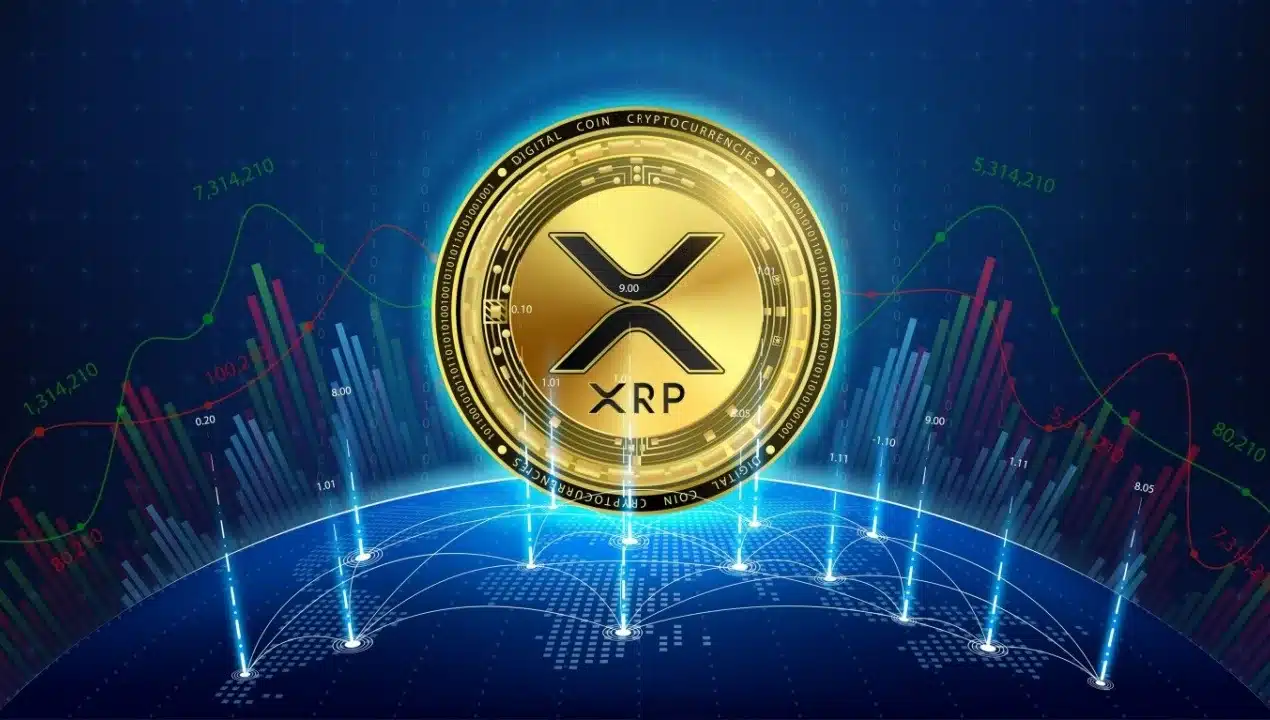Ripple’s XRP, a cryptocurrency designed to support financial institutions and payment providers, is now facing a major security concern that could slow its adoption.
As the network positions itself as a core infrastructure for cross-border payments, an emerging threat linked to quantum computing has raised fresh questions about its long-term reliability.
XRP was built to offer faster and more efficient money transfers, targeting traditional banking systems. The ability of XRP to attract institutional partners for retention depends directly on its capacity to handle security risks that evolve effectively.
XRP faces a potential security threat from quantum computing as the technology may break its fundamental cryptographic system in the future.
Quantum computing technology exists at an early developmental stage, but experts believe it presents a major threat to all existing blockchain systems in the future. The current version of XRP lacks built-in defense mechanisms against quantum-level assaults, which are also absent in most cryptocurrencies.
Also Read: 150 Million XRP in One Day: What’s Happening and Why Now?
The lack of future-proofing mechanisms reduces the platform’s attractiveness to banks that require unbreakable security measures for their transaction processes.
Ripple’s Chief Technology Officer, David Schwartz, has publicly recognized this developing concern. According to Schwartz, the company is tracking cryptographic research developments to find appropriate quantum-resistant solutions. Schwartz stated that the threat will not emerge until the future, but Ripple has time to prepare.
Quantum Vulnerability Raises Concerns About XRP’s Institutional Viability
The assurance from Ripple does not eliminate potential difficulties that may arise from delayed concrete progress. Traditional financial institutions maintain their use of legacy systems since these systems provide secure operations at the expense of speed.
XRP may encounter opposition from institutions it aims to serve because there is no evidence of proactive security steps.
Ripple maintains a structure that enables it to detect threats faster than decentralized networks. The structured organization of Ripple presents itself as a critical asset that could determine success in case quantum computing technology develops more rapidly than anticipated.
The development of defense mechanisms during early stages will be essential for Ripple to maintain trust with institutional clients according to analysts.
The current operational effectiveness of XRP shows no signs of immediate disruption. The increasing importance of quantum computing within the tech industry will keep Ripple’s security measures for this challenge under continuous evaluation.
Conclusion
XRP’s long-term success hinges on more than performance—it depends on future security preparedness. As quantum computing moves forward, Ripple must take visible and timely steps to protect its platform.
Delays in doing so could impact the trust of institutional partners and slow the growth of XRP’s adoption.
Also Read: XRP Price Holds at $2.16 as Ripple Prepares Critical SEC Court Filing Tomorrow
